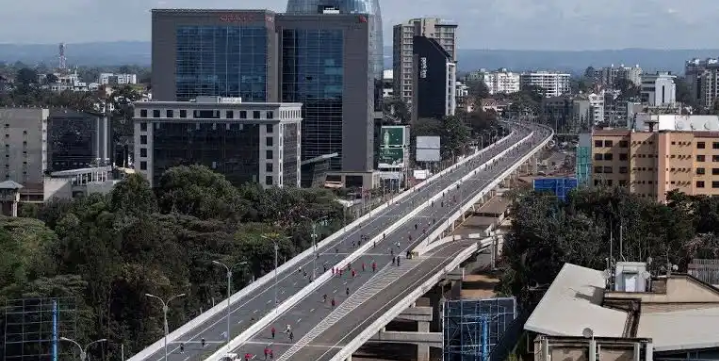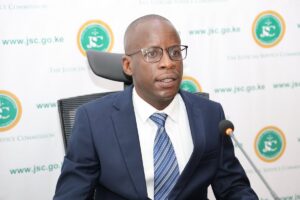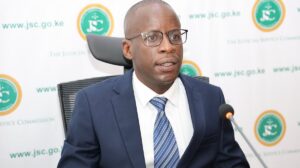The Kenyatta family, long known for its deep political and economic influence in Kenya, is once again in the spotlight due to revelations involving the Nairobi Expressway.
According to recent reports, a company linked to Muhoho Kenyatta, Mountain Hill Global, earns a substantial part of the toll revenue from the expressway.
For every KSh 10 paid by motorists, KSh 6 goes to this company, raising concerns about the family’s financial grip on public infrastructure.
The Nairobi Expressway was constructed under a public-private partnership (PPP) model, a first in Kenya, and has served millions of vehicles since its inauguration in 2022.
The expressway, operated by Moja Expressway, a subsidiary of China Road and Bridge Corporation (CRBC), was initially hailed for its ability to ease traffic in the city.
However, the involvement of the Kenyatta family adds a layer of controversy to the project.
While the Chinese company recoups its investment through toll fees, the presence of local stakeholders such as Mountain Hill Global has raised questions about transparency in the financial dealings behind the project.
Muhoho Kenyatta, the brother of former President Uhuru Kenyatta, is no stranger to high-profile business ventures. The Kenyatta family has diversified interests across various sectors, from agriculture to hospitality, banking, and media.
Their involvement in the expressway adds to their extensive portfolio, further cementing their position as one of the most powerful families in East Africa.
Despite the economic benefits of the expressway such as saving fuel and reducing time for motorists these revelations have sparked public outcry. Some are questioning the fairness of such lucrative public contracts being awarded to already wealthy elites.
Others argue that, while the Kenyatta family’s influence is undeniable, it is the overall success of the infrastructure that matters, as long as the services meet public needs.
This situation sheds light on the intersection of politics and business in Kenya, with families like the Kenyattas continuing to dominate the country’s socio-economic sphere.
Given the public interest in such deals, this could prompt more scrutiny of PPP projects and their beneficiaries in the future.





















Add Comment